Personal Reflections from The Chronicles of Belteshazzar: Exile to Babylon
Read More
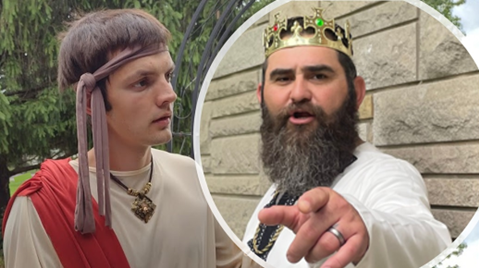
My father, Tom Lantz, had been quite an athlete in his youth. Attending Indiana University in the 1950s, he rode in the first of what came to be called “The Little 500” in which a team of men raced bicycles around an oval cinder track. He was asked to join the men’s swim team but declined so he could spend time on his studies to become an Optometrist. He taught me all of the sports young boys learn from their fathers and encouraged me to go out for the high school swim team.
Once, while driving down a small road near a lake cottage we were staying at for summer vacation, he stopped to give an older man a ride to where he was going. When I asked him later about not stopping to pick up strangers, he taught me a lesson about observing when people were truly in need of help and being willing to lend a hand. It was a lesson I’ve never forgotten, and one I’ve tried to pass on to my own children.
In Chapter Five of The Chronicles of Belteshazzar, Nebuchadnezzar reviews the list of Jewish exiles and makes plans to take them back to Babylon. He wonders to himself if he is living up to his father’s expectations. Meanwhile, Daniel is bitter about the fact that he is being sent into exile. As he sees his parents for the last time, he thinks about a gift his father has given him. In that moment, he comes to realize that was his father’s way of saying “I love you.”
The Challenges of Father / Son Relationships
In doing my research to write my original novel, The Brotherhood of the Scroll, I learned that in the same year Nebuchadnezzar defeated Egypt at the battle of Carchemish, his father, Nabopolassar, died. Nebuchadnezzar was about 25 years old when he became King. Daniel was taken into exile when he was a teenager, and so was at about ten years younger than Nebuchadnezzar. In this chapter, I imagine both Nebuchadnezzar and Daniel having “father issues.” Did they struggle with trying to live up to the expectations of their fathers? What was their relationship – fear, friendship, love, or a distant unemotional coexistence? Had their fathers ever said to them “I love you?”
I believe that Nebuchadnezzar would have been attempting to fill the shoes of his father, Nabopolassar. He hopes that he is living up to his father’s expectations of him. In a future post we’ll explore Nebuchadnezzar’s relationship with his wisemen – men who would have been advisors of his father, and likely saw the young son as a youth they could manipulate. Thus, for the Babylonian King, filling his father’s shoes would have been difficult indeed.

I’ve often thought of this issue of father/child relationships over the years. When I was a young father, I was a member of Toastmasters International, which helps people become public speakers. My first contest speech I ever gave was titled “The Making of Straight Arrows” based on Psalm 127:3-5, which says:
Behold, children are a heritage from the Lord, The fruit of the womb is a reward. Like arrows in the hand of a warrior, So are the children of one’s youth. Happy is the man who has his quiver full of them; They shall not be ashamed, but shall speak with their enemies in the gate. NKJV
As We Train Up Our Children, What We Do Echoes In
In the movie, Gladiator, there is a scene early in the movie where an aging Roman Emperor, Marcus Aurelius, wishes to pass on his throne to his trusted general, Maximus, instead of his own corrupt son Commodus. Upon hearing this, Commodus murders his father. In the movie, as he suffocates Marcus Aurelius, Commodus weeps and says “I would butcher the whole world…If you would only love me!”
How we raise our children and grandchildren, as part of the body of Christ, will echo in eternity. As you read through this chapter of the Chronicles of Belteshazzar, think about the role you play in shaping their lives.
Question for Reflection
Many people undergo traumatic events that separate them from their families. Other families live lives of desperation behind the walls of their homes. But other families enjoy a good relationship and cherish the memories built over a lifetime of love. With this in mind, consider this Question for Reflection:
What kind of relationship did you have with your father? Did you ever struggle with trying to live up to the expectations of your father? Lastly, What kind of relationships are we building with our children and grandchildren – and how will that relationship ECHO in eternity?
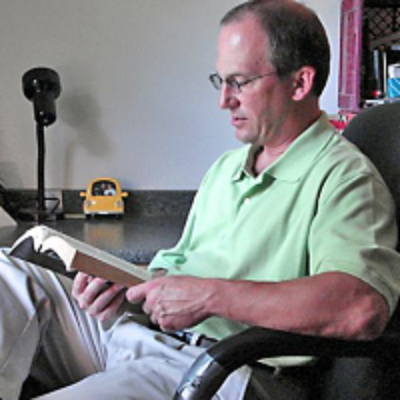
Written by David Lantz. Please consider sharing this post with others.
More From These Three Categories
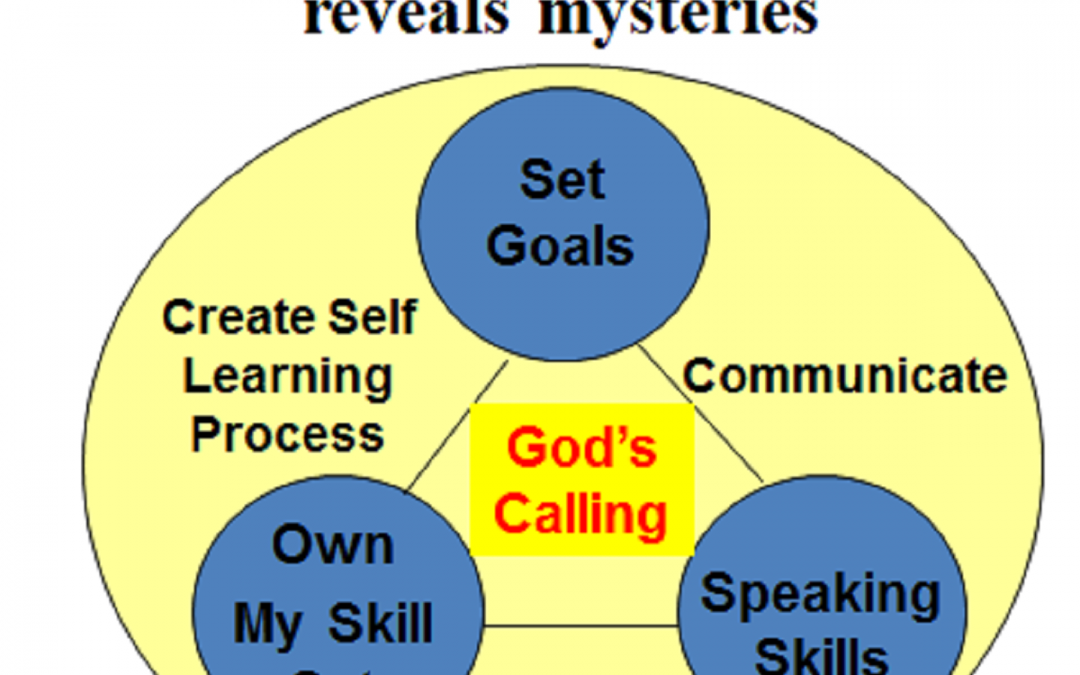
Owning and Shaping Your Journey Mindset
Daniel 2:28 says: “There is a God in heaven who reveals mysteries.” Where will the practice of owning your own skill development take you?
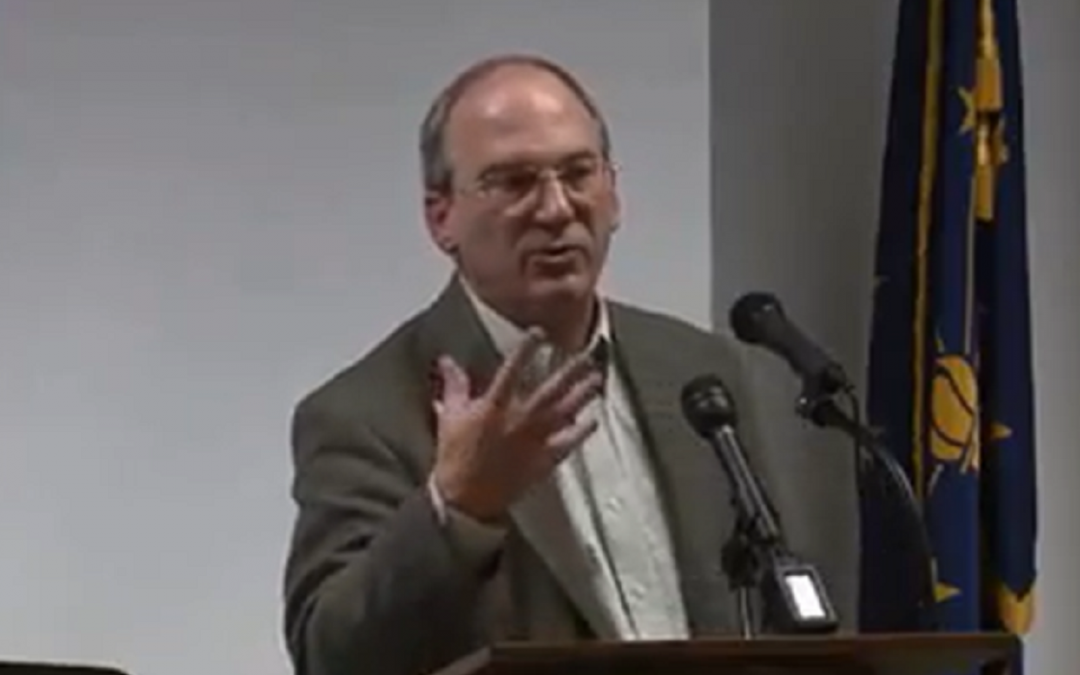
Acquiring the Skill of Public Speaking
Probably the most important skill I learned in life is the art of public speaking. I honed this skill as a member of Toastmasters International.

Deciding What You Want From The Journey
In this first “Journey Step,” I talked about identifying your goals in life, and identifying one or more skills you use to achieve your goals.
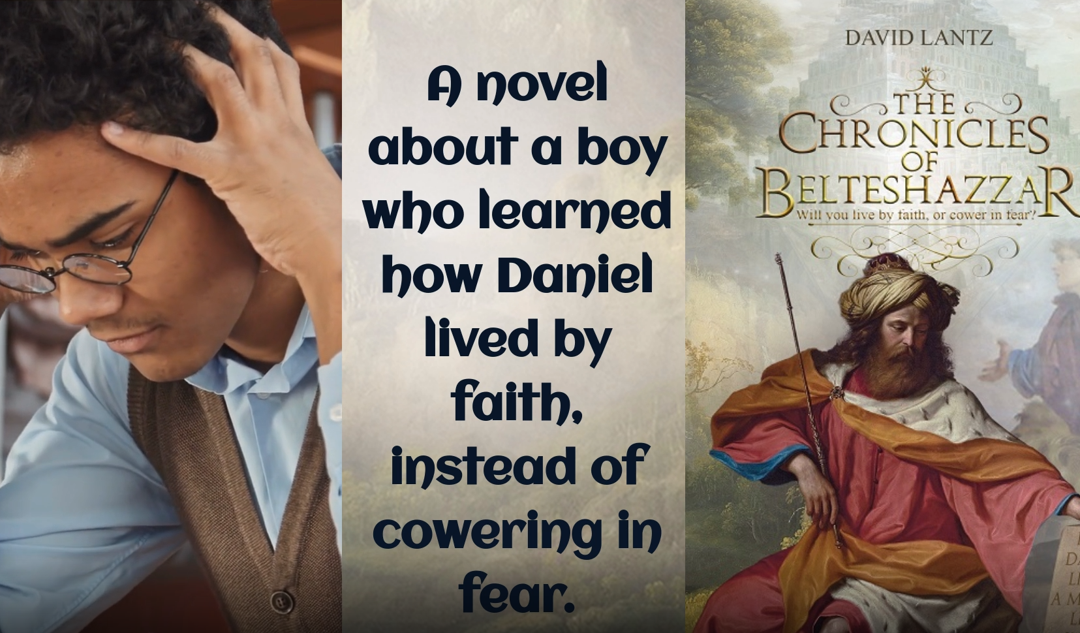
Personal Reflections from The Chronicles of Belteshazzar: Auntie Dr. Sarah
Treating the whole person is a principle "Auntie Dr. Sarah" always remembered. Click to read on.In Chapter One of The Chronicles of Belteshazzar, Isaiah has his bible taken from him by another student at school. This leads to a conversation about school prayer with...

The Unraveling: The Destruction of the Four Virtues
In his book, Coming Apart, researcher Charles Murray identifies what he calls The Four Founding Virtues of American culture – industriousness, honesty, marriage, and religion. In this post, I would like to examine how a concerted effort led by liberal/progressive academics and their political allies among the elite ruling class of the 1920s and 30s worked to unravel these founding virtues.

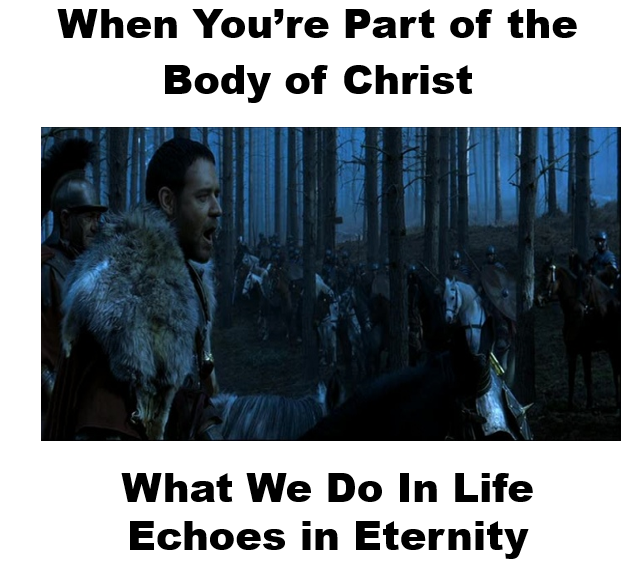
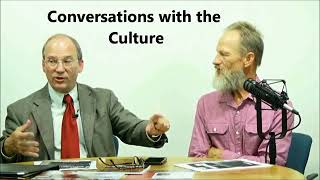
0 Comments